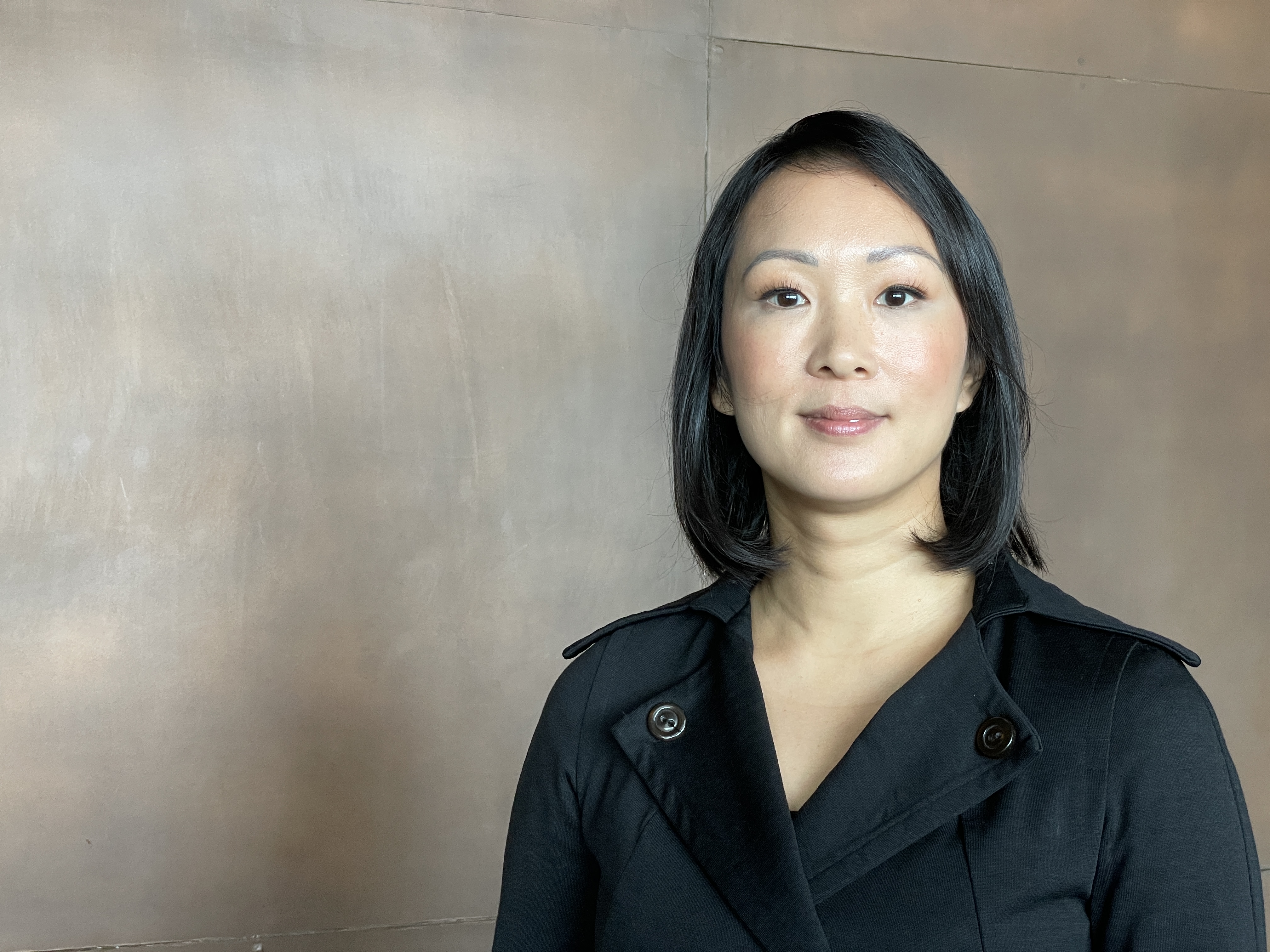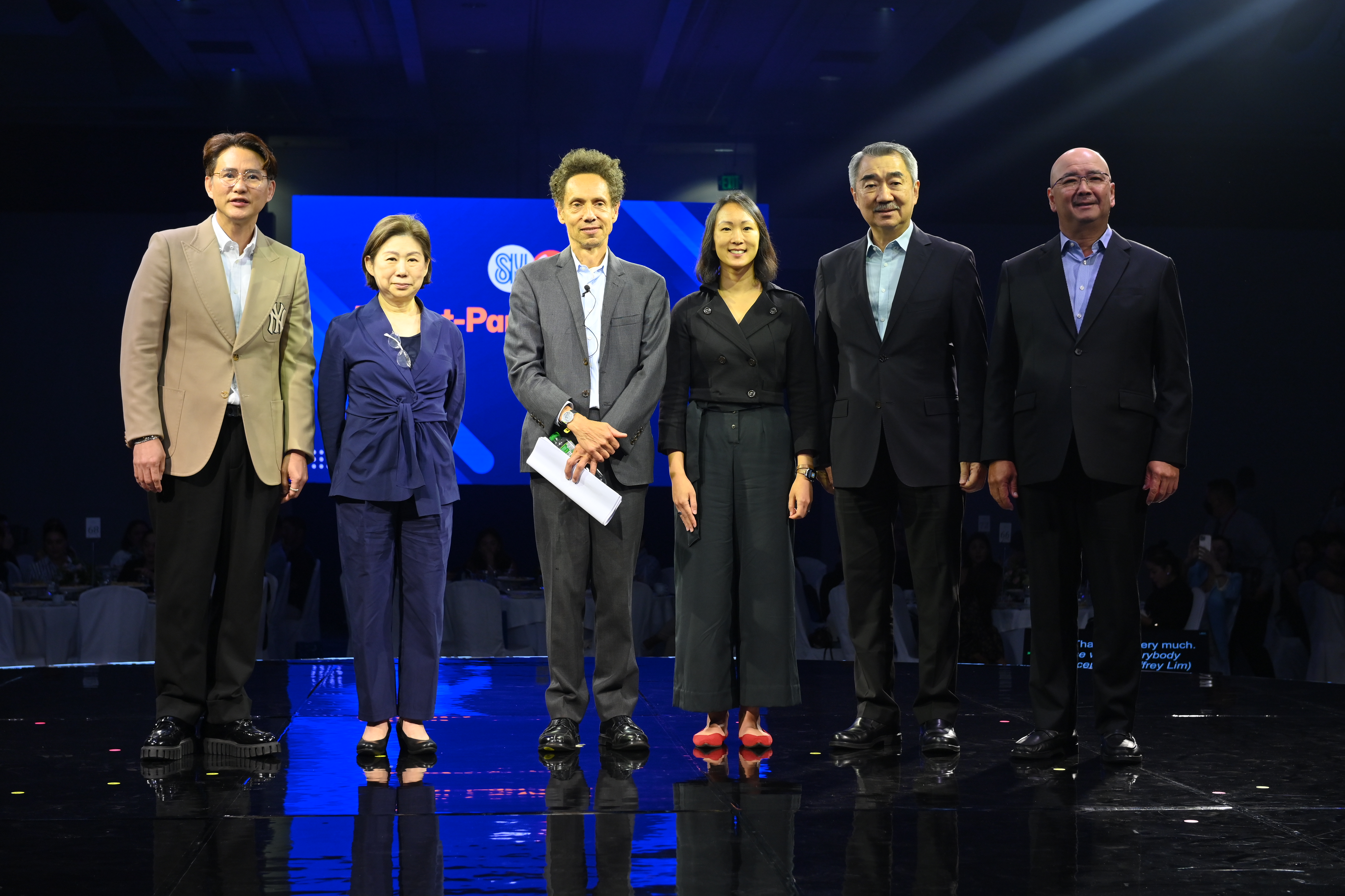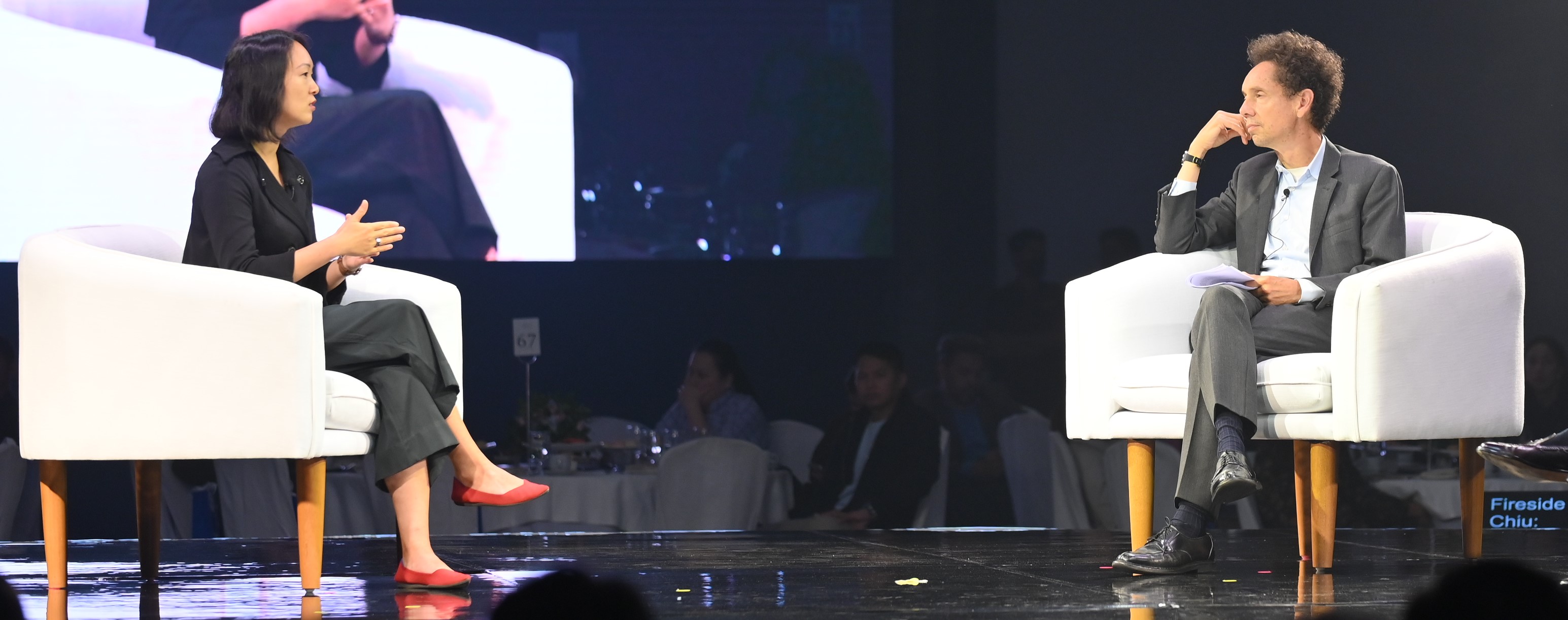3 lifestyle insights from Wunderman Thompson Intelligence's Gemma Chiu
Gen Z and Generation Alpha are now shaping the industry trends

Dr. Jose Rizal was right when he said that the youth is the nation's hope. Marketing industry expert Gemma Chiu, the global director of Wunderman Thompson Intelligence, shared that Gen Z and Generation Alpha are now among the strong driving forces for the upcoming industry trends.
Wunderman Thompson Intelligence is an international creative and technology company behind the yearly influential report “The Future:100” an annual study about the most compelling trends for businesses and consumers.
Gemma recently flew into the Philippines to attend the SM’s 65th anniversary events for its tenants. In a conversation with Manila Bulletin Lifestyle, she shared the top three lifestyle trends that youth greatly influence. Here are they.

Sustainability
“Sustainability is something that's been happening for many many years, but the access to be able to live a sustainable lifestyle is still quite difficult. There’s a lot of innovation when it comes to materials, the types of the products that we use, and the buildings that we live in,” she says. “These things are important in thriving a new wave of innovation. And this stems from wanting to live a more sustainable life.”

Joy-economy
“We lived two to three years over the pandemic and having to come out from that, there’s this drive and need to have the sense of uplift and positivity in our lives,” she shares. “And with that, the sense of wanting joy injected in different ways to have this emotional release. This is something a lot of people have been really, really wanting. I call it joy-economy because it has a social value as well.”

Artificial intelligence (AI)
“There’s a lot of interest in AI. We’ve been focusing a lot on generative AI in how we can lean into it from not just a creative lens but on a broader spectrum of how it helped influence things and how it can help people overcome certain hindrances,” she explains. “My fiance is dyslexic, things like chatGPT has helped him create e-mails in a far simpler way which he can then add his personal touches to.”
The trendsetters
With all of these trends, Gemma said that young people have a lot to do with it. Their behavior and interests pave the way for more innovations and product solutions.

“The trendsetters are the younger generation. Those setting the tone for the years to come would be the generation that’s coming of age. Five, 10 years ago, there’s a lot of focus with the millennials. A lot of innovations came from things like Airbnb, grab, and uber wouldn’t have existed if millennials didn’t embrace the experience,” she says. “But now lots of focus is on Gen Z. They are digital natives, they are born to this technological era. But that’s not to say they are all into tech and digital. In fact, they really value in-person connections and meetings. There are times that they want to completely switch off and get away from technology. They wanted to be impactful. They wanted a sense of stability but they also wanted to offer change to the world as well. Change is something that they thought they have control of.”
But despite their behavior and will, Gemma, in her years of experience, learned that what people want doesn’t mean this is something they turn into real-life practice. Most of the time, these things are inspirational.
“From a lot of data that we gather, we often ask people what they would like to do in terms of their lifestyle, but when it comes to action of what they are doing, quite often, it doesn’t reflect what they want,” she says. “It may be because of convenience, accessibility, price points, and there’s a bunch of factors that can be influencing what they are doing on a daily basis. But when we ask them what type of lifestyle they would want to be living, a lot of people do say they hope they could be more sustainable, they hope they could be more healthy, they could sleep better. But in reality, they are not practicing a lot of these things and I always find that really fascinating.